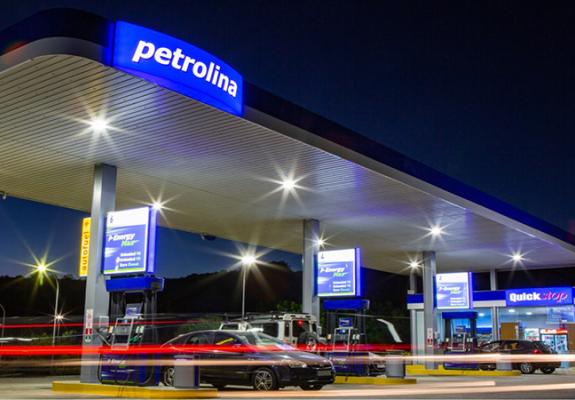Electrifying the Road Ahead
Challenges, Innovations, and the Surprising Leadership of Cyprus in the EV Market
Although Electric Vehicles (EVs) have not yet achieved dominance within the global automotive industry, their increasing popularity, bolstered by supportive governmental policies and regulations, is indisputable. Notably, Cyprus has emerged as a leader within the European Union in adopting these eco-friendly technologies.
While global policies foster an environment conducive to EV adoption — with the EU planning for all new cars and vans registered therein to be emission-free by 2035 and the US Environmental Protection Agency proposing that two-thirds of new vehicles be electric by 2032 — these vehicles have not fully permeated the market. Various governmental initiatives worldwide not only support but also incentivize the transition to EVs, often rendering them more economically attractive than their fossil-fuel counterparts.
The primary factor impeding the widespread use of EVs is the current state of their battery technology. Despite the continuous expansion of EV models and the proliferation of manufacturers entering this market segment, batteries — crucial to the functionality of EVs — present a complex challenge.
The issues related to batteries can be bifurcated into concerns about materials and usage. Predominantly, EVs employ lithium-ion batteries, which also incorporate nickel, manganese, and cobalt. However, these materials' availability and the ethical considerations regarding their sourcing and usage have raised substantial concerns, necessitating the development of alternative solutions, such as cobalt-free batteries.
For instance, Ford is at the forefront of this technological revolution, developing fifth-generation lithium-ion batteries and spearheading the transition to solid-state, cobalt-free alternatives. These initiatives aim to offer consumers EVs with longer ranges, lower prices, and enhanced safety. Nevertheless, the increased demand for lithium, a crucial component of these batteries, might lead to supply issues, although progress in lithium recycling might mitigate these concerns.
Additionally, ethical dilemmas arise due to the significant reliance on cobalt from the Democratic Republic of the Congo, known for its troubling labor practices, including child labor. Various initiatives and projects are underway to address these issues, ensuring ethical sourcing and developing alternative battery technologies like the Blockchain Project..
Concerning battery usage, the primary challenges encompass charging times and driving ranges. Charging times for EVs, currently longer than refueling times for traditional vehicles, are expected to decrease with ongoing development, aiming to average just a few minutes.The driving range matter amplifies due to insufficient public charging spots. Currently, the most extended driving range belongs to Lucid Air, with a maximum range of about 800 kilometers. Petrol/Diesel cars, on the other hand, do not have such measures of maximum range with ultimately optimum conditions, as re-fueling is not that big of a matter. In comparison, a range of 800 kilometers is widespread with petrol/diesel vehiclesHowever, the current insufficiency of public charging stations and the limited driving ranges of EVs compared to fossil fuel vehicles continue to be obstacles to widespread adoption.
In 2022, while Europe witnessed growth in the sales of hybrid and electric vehicles and a decline in those of fossil fuel cars, Cyprus displayed significant growth in the sales of EVs and hybrids — 247% and 41%, respectively. However, with only 69 public charging points as of 2022, compared to the 111,821 in the Netherlands, Cyprus still has substantial infrastructure development ahead to support the growing fleet of EVs.
The full market adoption of EVs isn't solely contingent upon technological and technical breakthroughs. While resolving the issues with battery performance and material sustainability is imperative, the cultural and emotional aspects associated with driving also play a crucial role. Traditional vehicles have long been symbols of status and power, offering a unique driving experience characterized by specific sounds, vibrations, and a sense of force — aspects currently lacking in EVs.
However, as technology incessantly evolves, so do the driving experiences and expectations of users. The inevitable shift towards more sustainable and environmentally-friendly vehicles will be determined by the pace of technological advancements and the degree to which these can satisfy user needs and expectations.

While challenges persist in the path of EVs becoming predominant, continuous efforts and innovations are underway to address these issues. The eventual replacement of gasoline vehicles by EVs will be facilitated by the advent of new production sources, enhanced battery recycling techniques, and technological evolution. To ensure this transition is ethical and sustainable, collaborative efforts from governments, industries, innovators, investors, and consumers are imperative.






